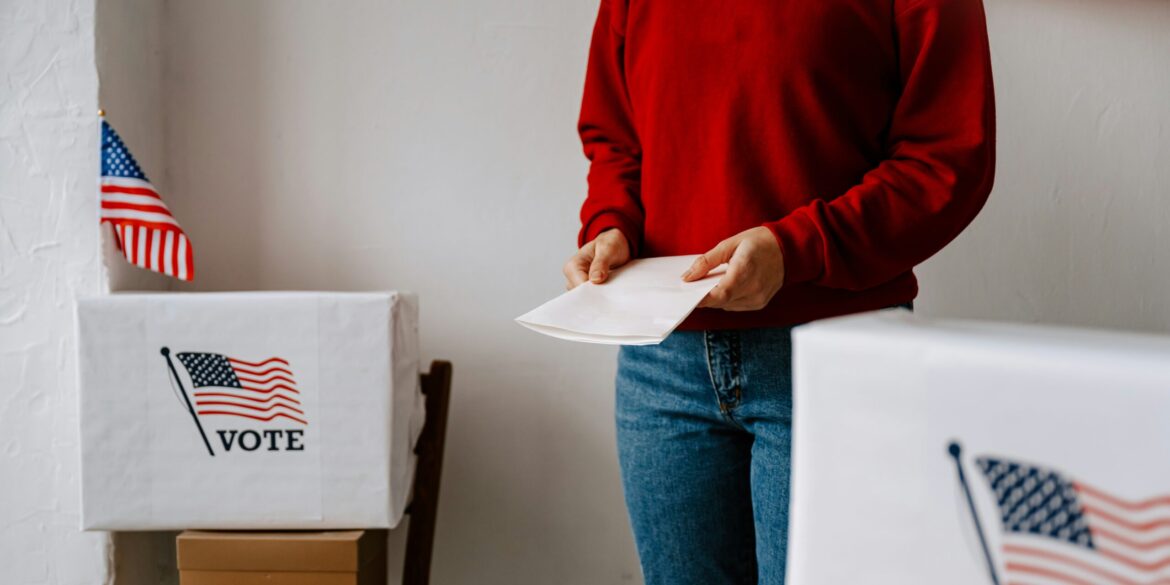A federal judge has issued a temporary block on an executive order from former President Donald Trump, which sought to implement significant changes to the country’s federal election system. The order, signed on March 25, aimed at reshaping several aspects of U.S. voting laws, including the requirement for documentary proof of citizenship for voter registration, limitations on mail-in ballots, and the conditional allocation of federal election funds based on states’ compliance with these proposed changes.
This legal intervention halts the administration’s effort to impose stricter voting regulations. The executive order proposed stringent measures that could potentially alter the dynamics of voter registration and mail-in voting, two of the most debated issues in U.S. election law. Trump’s initiative aimed to address concerns surrounding voter fraud, a key issue for him during his presidency. However, critics argue that such measures would disproportionately affect minority voters and those in underserved communities, potentially disenfranchising a significant portion of the electorate.
The challenge to the order was brought by the attorneys general of 19 states, who argue that the proposed changes infringe on the rights of states to manage their own elections. In their legal filings, the states contend that the federal government has no authority to impose restrictions or conditions that would interfere with state-level election processes. They assert that the Constitution grants states the power to regulate elections, and federal mandates that override this power are both legally and constitutionally problematic.
The executive order was part of Trump’s broader political agenda to assert tighter control over electoral processes in the U.S. In addition to requiring proof of citizenship, the order proposed that all mail-in ballots be received by Election Day, a move that would likely curtail the availability of mail-in voting for millions of Americans. Trump’s administration had frequently raised concerns over mail-in voting, especially during the 2020 presidential election, which saw a dramatic increase in mail-in ballots due to the COVID-19 pandemic. Critics of Trump’s policies have often argued that these changes were motivated by a desire to suppress voter turnout, particularly among groups that typically lean toward the Democratic Party.
The federal judge’s ruling on the case marks an important turning point in the legal battle over voting rights and federal versus state control of elections. The decision to temporarily block the order comes at a time when many states have been grappling with new voting laws, particularly around mail-in ballots and voter identification requirements. These issues have become key talking points in both state legislatures and the courts.
For many, the case underscores a broader national debate over the balance of power between state and federal governments when it comes to overseeing elections. While states have long enjoyed the authority to establish their own election rules, the federal government has occasionally stepped in to address issues of national significance, such as voter discrimination or election integrity. This case may set the stage for a more significant confrontation over these issues in the coming years.
At the heart of the dispute is a disagreement over whether the federal government can impose nationwide standards on voting laws or if states should maintain the autonomy to craft their own rules. Proponents of stronger federal oversight argue that uniform standards are necessary to ensure that elections are free, fair, and secure, while opponents believe that such regulations infringe on states’ rights and undermine local control.
The temporary block on Trump’s executive order is a crucial moment in what is expected to be a lengthy legal process. The judge’s ruling is not final, and both sides are expected to continue legal proceedings. The case may eventually reach the Supreme Court, which could make a definitive ruling on the extent to which the federal government can regulate election laws across the nation.
The legal challenge also highlights the increasing partisan divide over election laws in the United States. Many Republican-led states have introduced laws to restrict mail-in voting, voter registration, and other aspects of the election process, while Democratic-led states have typically advocated for expanded access to voting and reforms designed to increase voter participation. The outcome of this case may have far-reaching implications for the future of U.S. elections and the role that both federal and state governments will play in overseeing them.
As of now, the block on the executive order stands, temporarily halting any immediate changes to federal election laws. The issue is far from settled, and it is likely that the legal battle over voting rights and election law will continue to evolve in the coming months.

